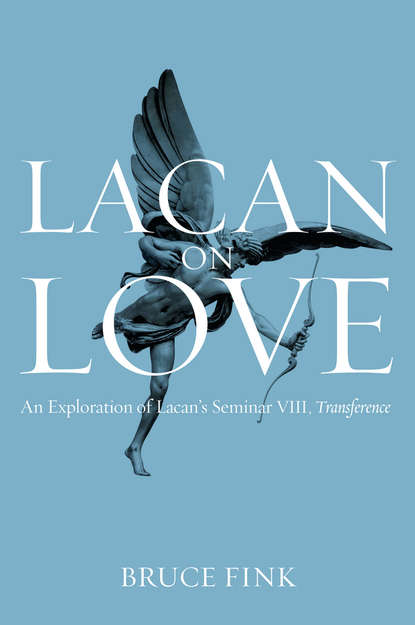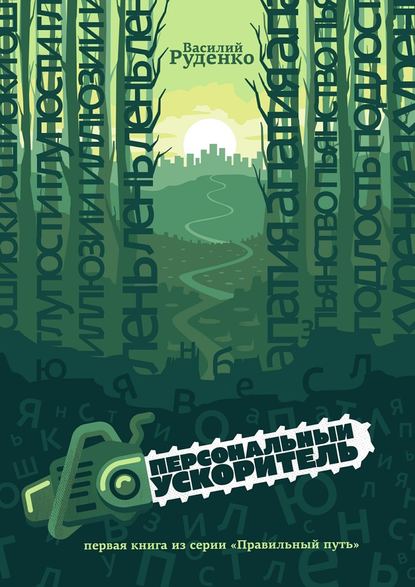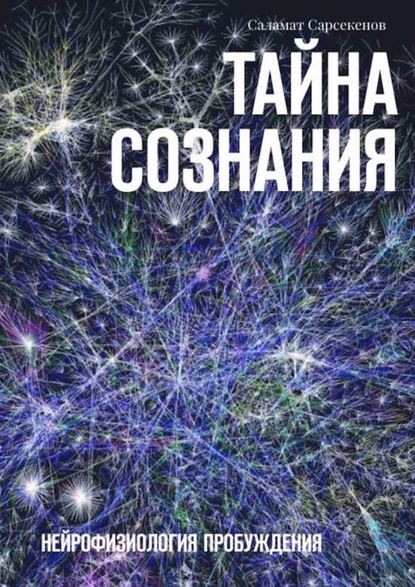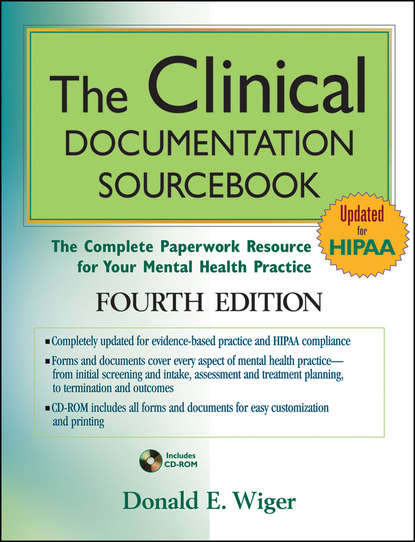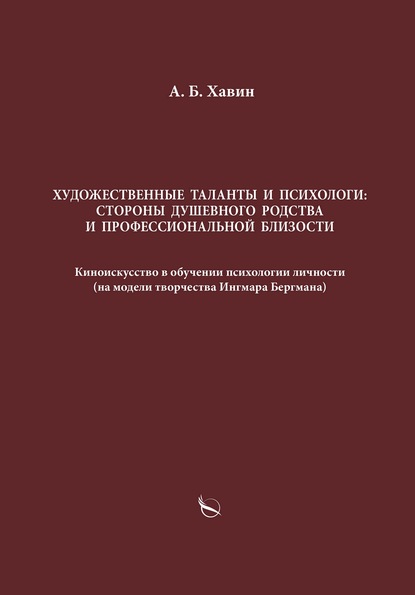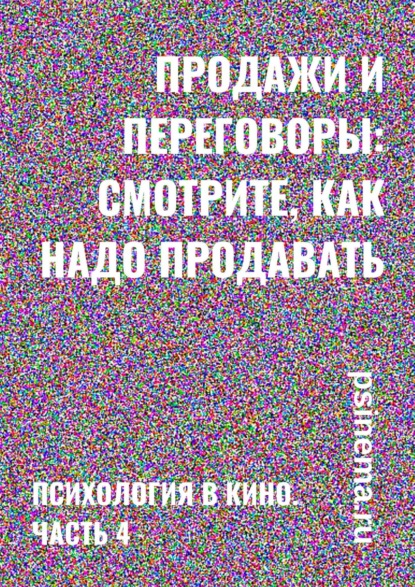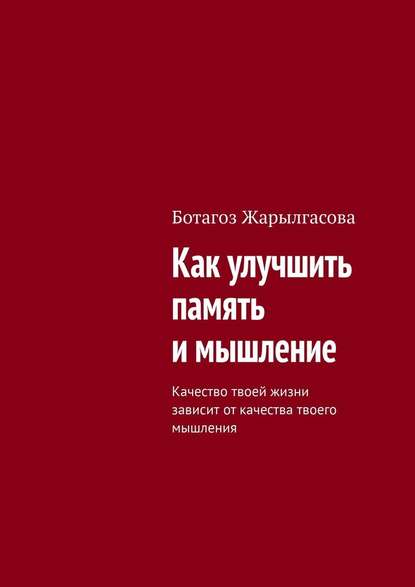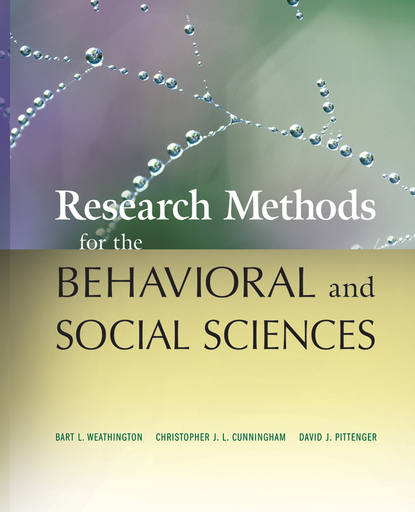Книга "Lacan on Love" (Лакан о любви) рассматривает тему любви в контексте психоанализа, с помощью философов, поэтов, писателей и композиторов. Автор книги, Брюс Финк, исследует, как психоанализ может помочь нам понять, почему мы так часто ищем любовь не там, где нужно, и почему мы часто не понимаем, что такое настоящая любовь. Финк анализирует традиции любви, начиная с древности и заканчивая романтизмом, а также обсуждает взгляды Фрейда и Лакана на любовь и либидо. Он раскрывает парадоксальное утверждение Лакана, что "любовь - это давать то, чего у тебя нет". Финк объясняет, как пустота или отсутствие внутри нас может быть заполнено или переплетено любовью, и как важно давать другому человеку то, чего нам кажется не хватает у нас самих. Эта книга предоставляет читателям ясное и систематическое введение во взгляды Лакана на любовь, и будет полезна студентам и ученым в области психологии и гуманитарных наук, а также аналитикам всех направлений.
Электронная Книга «Lacan on Love» написана автором Группа авторов в году.
Минимальный возраст читателя: 0
Язык: Английский
ISBN: 9781509500512
Описание книги от Группа авторов
Quintessentially fascinating, love intrigues and perplexes us, and drives much of what we do in life. As wary as we may be of its illusions and disappointments, many of us fall blindly into its traps and become ensnared time and again. Deliriously mad excitement turns to disenchantment, if not deadening repetition, and we wonder how we shall ever break out of this vicious cycle. Can psychoanalysis – with ample assistance from philosophers, poets, novelists, and songwriters – give us a new perspective on the wellsprings and course of love? Can it help us fathom how and why we are often looking for love in all the wrong places, and are fundamentally confused about “what love really is”? In this lively and wide-ranging exploration of love throughout the ages, Fink argues that it can. Taking within his compass a vast array of traditions – from Antiquity to the courtly love poets, Christian love, and Romanticism – and providing an in-depth examination of Freud and Lacan on love and libido, Fink unpacks Lacan’s paradoxical claim that “love is giving what you don’t have.” He shows how the emptiness or lack we feel within ourselves gets covered over or entwined in love, and how it is possible and indeed vital to give something to another that we feel we ourselves don’t have. This first-ever commentary on Lacan’s Seminar VIII, Transference, provides readers with a clear and systematic introduction to Lacan’s views on love. It will be of great value to students and scholars of psychology and of the humanities generally, and to analysts of all persuasions.
